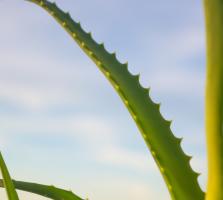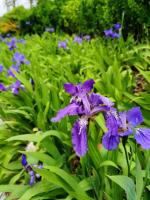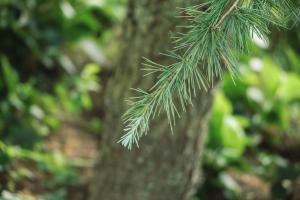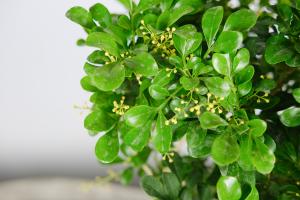Will Soap and Water Kill Plants?
Soap and water are commonly used as a natural and non-toxic way to control pests, insects, and diseases that affect plants. However, some people are concerned that soap and water may harm or even kill the plants. So, will soap and water kill plants? Let's find out.
The Effects of Soap and Water on Plants
Soap, especially liquid dish soap, is a powerful surfactant that breaks down the surface tension of water, causing it to spread more easily and penetrate deeply into the soil. As a result, soap and water can help to remove dust, dirt, and grime from the leaves and stems of plants, making them look cleaner and shining. However, soap and water can also strip away the natural waxy coating on the leaves, which helps to protect the plant from excessive moisture loss, heat stress, and fungal infection. Moreover, soap and water can dry out the plant tissues and cause them to wilt or brown if applied too frequently or in high concentrations. Therefore, soap and water should be used with caution and in moderation when dealing with plants.
How to Use Soap and Water Safely on Plants
If you want to use soap and water to control pests or diseases on plants, here are some tips to follow:
Choose a mild soap that is free of harsh chemicals, fragrances, and dyes.
Mix the soap with water in the ratio specified on the label or recipe. Usually, a few drops of soap per gallon of water are enough.
Test the soap solution on a small area of the plant first to check for any adverse reactions or damage.
Avoid applying the soap solution on hot, sunny, or windy days, as this can increase the risk of leaf scorching or drying out.
Apply the soap solution using a sprayer, sponge, or cloth, making sure to cover both the upper and lower surfaces of the leaves and stems.
Rinse off the soap solution with plenty of clean water after a few minutes of contact time. Repeat the treatment as necessary, but not more often than once a week or every two weeks.
Monitor the plant for any signs of stress, such as wilting, yellowing, or drooping. If this occurs, stop using the soap solution and water the plant thoroughly.
The Benefits and Drawbacks of Using Soap and Water on Plants
Using soap and water on plants has several advantages and disadvantages that need to be considered:
Benefits: Soap and water are affordable, safe, and easy to use. They can control pests, insects, and diseases without harming beneficial organisms or the environment as a whole. Soap and water can also help to improve the appearance, health, and growth of plants by removing dirt, dust, and debris from the leaves and stems.
Drawbacks: Soap and water can be ineffective against some pests and diseases, especially those that are well-protected or systemic. Overuse of soap and water can damage or kill plants, especially delicate or sensitive ones. Soap and water can also interfere with the natural balance of the soil and inhibit the growth of beneficial microorganisms. Moreover, soap and water can cause eye and skin irritation to humans and animals if not handled properly.
Conclusion
So, will soap and water kill plants? The answer is, it depends. Soap and water can be effective and safe when used properly and in moderation on plants. However, soap and water can also be harmful and lethal if used too frequently or in high concentrations. Therefore, it is important to follow the instructions and apply common sense when using soap and water on plants. As with any other pest or disease control method, monitoring and prevention are the best ways to ensure the health and vitality of plants.

 how many times do yo...
how many times do yo... how many planted tre...
how many planted tre... how many pine trees ...
how many pine trees ... how many pecan trees...
how many pecan trees... how many plants comp...
how many plants comp... how many plants can ...
how many plants can ... how many plants and ...
how many plants and ... how many pepper plan...
how many pepper plan...






























